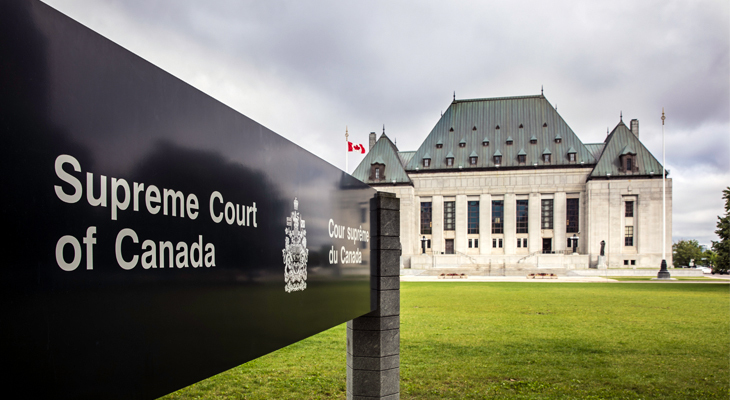
Court delay is one of the major problems Canada’s Criminal Justice Systems is going through. While the number of cases that go to criminal courts is not huge, many cases take longer to get concluded. A large number of Canadians are in jail waiting for a trial. The number of people waiting for a trial is larger than that of people who have been convicted and serving sentences.
If you have been charged with a criminal offence in Canada, you’re probably aware of the fact that dealing with criminal charges can be a lengthy and stressful process that demands proper legal guidance. Delays in the court system can make you wait for months before you get your right to a fair trial. If prolonged for a long period, court delays can seriously impact the lives of the accused.
Criminal charges come with many legal restrictions on your rights and liberties. For example, if someone is charged with a DUI offence, they’re likely to lose their driver’s licence or face driving restrictions. In some cases, an accused may face restrictions on performing various day-to-day tasks. Legal experts and criminal lawyers are of the opinion that while many provinces have worked to meet the new time limits described by the Supreme Court, provincial courts are still witnessing a large number of cases with unreasonable delay times.
You right to a fair and speedy trial
Any Canadian charged with an offence has the right to be tried within a reasonable time. Your right to a fair trial is protected under section 2(e) of the Canadian Bill of Rights. However, court delays have become a common practice. A delay is more than a mere inconvenience for a person facing criminal charges. It would be fair to say that unreasonable court delays simply violate a person’s constitutional right to a speedy trial.
It’s important to understand whether or not a court delay is unreasonable. The Supreme Court addressed the issue of unreasonable delay in 2016. The case of R v Jorden led to a clear timeline with which you can determine the reasonableness of a delay. According to the framework, a delay is unreasonable after 30 months for cases tried in superior courts and 18 months for cases tried in provincial courts. After 18 or 30 months, the Crown has to prove why the delay is reasonable. A delay caused by the accused or their counsel is subtracted from the total period of delay.
If your right to a fair and speedy trial has been infringed, the court may stop the criminal proceeding against you or remove restrictions on you. You need to consult an experienced criminal lawyer to know your options. You can apply for a stay of proceedings due to court delays. If you or someone you know is facing unreasonable delays in concluding their criminal charges, contact a professional lawyer.
About Slaferek Callihoo
As a team of criminal lawyers in Edmonton, we have been helping individuals defend their rights and get their criminal charges dropped or significantly reduced. If you have been charged with a criminal offence in Edmonton, talk to one of our lawyers to know your options. Schedule a free consultation now!
